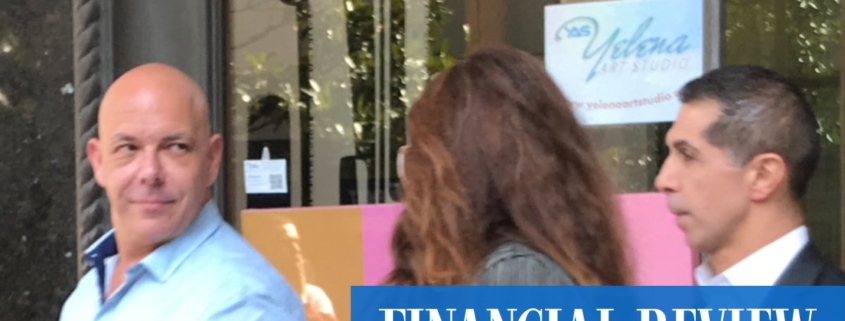Police want law changes after LandMark White suspect acquitted
A police spokeswoman declined to comment.
Technology-related prosecutions can be hard because laws lag the fast-evolving technology and online worlds. In the case of data theft, the nature of the crime can make it hard to prove guilt beyond reasonable doubt.
“In many situations digital evidence will prove who accessed a computer system at a particular time,” said Gilbert + Tobin partner Michael Williams.
“Where it is more difficult is where a person with technical training has the ability to delete information and cover their tracks. This highlights the difficulties that can be faced proving what they have done and meet the current onus of proof in a criminal prosecution.
“There is a case for a review of the offence provisions and the procedures for proving these types of offences.”
Mr Grant, however, said the 28-day court case against him failed because it was weak, despite prosecutors calling 28 civilian witnesses and six police witnesses.
“The jury came to a decision in under three hours,” the 51-year-old told the Financial Review on Wednesday.
“That there was insufficient evidence to indicate, in some cases, even that a crime had even been committed.”
But the Canadian Australian said the case had still been deeply damaging.
“The reality is that my prospects here in Australia are limited given that the minute you google my name you come up with an extraordinary number of articles titled ‘conman’,” Mr Grant said. “That does put a damper on things.”
Changes to laws would have to anticipate further technology changes, said Shannon Sedgwick, senior managing director at cyber security and technology consultancy Ankura.
”Any changes need to be future-proofed to make sure they take into account the likely future state of our online environments. That’s a very difficult thing for governments and police to do, to look into the future and determine whether regulation and legislation is fit for purpose and future-proofed,” Mr Sedgwick said.
Company expresses disappointment
Acumentis chief executive Tim Rabbitt said the company was disappointed the evidence presented did not prove beyond reasonable doubt that Mr Grant was responsible for the data thefts, but it had…


